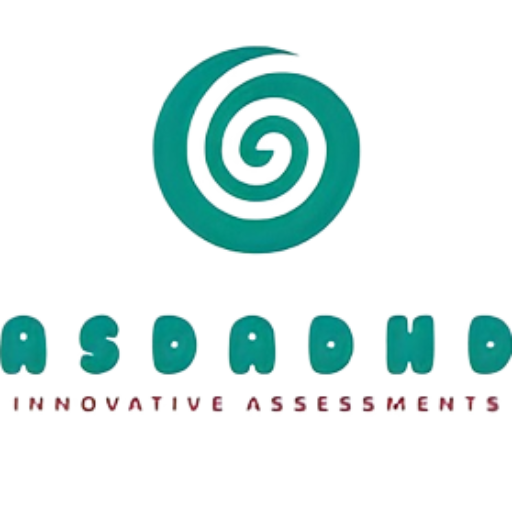24 Jun, 2023 | anishdr | No Comments
ADHD in Children: Signs, Symptoms, and Early Intervention
Introduction: Nurturing Success in Children with ADHD
ADHD is a prevalent neurodevelopmental disorder that affects many children, impacting their daily lives and presenting unique challenges. However, with the right strategies and support, children with ADHD can learn to manage their symptoms and thrive. In this blog post, we will explore seven effective tips for managing ADHD symptoms in children, empowering them to reach their full potential.
Tip 1: Establishing Routines and Structure: Creating a Foundation for Success
Consistent routines and structure are vital for children with ADHD. Establishing clear schedules and strategies at home and school helps provide a sense of stability and predictability. This includes establishing regular mealtimes, bedtime routines, and designated homework or study periods. By setting expectations and maintaining consistency, children with ADHD can better manage their time, tasks, and transitions.
Tip 2: Developing Effective Study Habits: Unlocking Focus and Organization
Children with ADHD often struggle with focus and organization, particularly during study sessions. Encourage effective study habits by providing a quiet and organized study space, breaking tasks into smaller, manageable chunks, and utilizing techniques like the Pomodoro method (alternating periods of focused work and short breaks). Implementing visual aids, such as color-coding or mind maps, can also enhance organization and comprehension.
Tip 3: Encouraging Regular Physical Activity: Energizing the Mind and Body
Physical activity plays a crucial role in managing ADHD symptoms. Regular exercise helps reduce hyperactivity, improve focus, and regulate emotions. Encourage children with ADHD to engage in activities they enjoy, such as sports, dance, or outdoor play. Incorporate movement breaks during study or homework sessions, and consider activities like yoga or martial arts, which promote mindfulness and self-control.
Tip 4: Promoting Healthy Sleep Habits: Fueling Attention and Behavior
Adequate sleep is essential for children with ADHD as it supports attention, mood regulation, and overall well-being. Establish consistent sleep routines by enforcing regular bedtimes and creating a relaxing pre-sleep routine. Minimize screen time before bed and ensure the sleep environment is comfortable and conducive to quality sleep. Prioritizing healthy sleep habits can significantly improve attention and behavior throughout the day.
Tip 5: Nutrition and ADHD: Fueling the Brain with Healthy Choices
Diet plays a role in managing ADHD symptoms, and adopting a balanced and nutritious eating plan can have a positive impact. Encourage a diet rich in whole grains, fruits, vegetables, lean proteins, and omega-3 fatty acids. Limit the consumption of sugary foods and beverages, artificial additives, and processed snacks. A well-nourished brain is better equipped to manage ADHD symptoms and support optimal cognitive function.
Tip 6: Effective Behavior Management: Guiding Positive Choices and Actions
Behavior management strategies are key to helping children with ADHD navigate daily challenges. Set clear expectations and establish rules, focusing on positive reinforcement rather than solely emphasizing discipline. Implement behavior charts or rewards systems to encourage desired behaviors and provide a sense of accomplishment. Consistency, patience, and open communication are crucial in guiding children towards making positive choices.
Tip 7: Seeking Professional Support: Harnessing Expert Guidance and Resources
In addition to implementing these tips, seeking professional support is paramount in managing ADHD symptoms. Consider therapy, counseling, or working with ADHD specialists who can provide valuable guidance and support tailored to the child’s needs. These professionals can offer strategies for managing specific challenges, help children develop coping skills, and provide ongoing assessment and monitoring.
Conclusion: Empowering Children to Thrive with ADHD
Managing ADHD symptoms in children requires a multi-faceted approach that encompasses routines, study habits, physical activity, healthy habits, behavior management, and professional support. By implementing these effective strategies, parents, educators, and caregivers can empower children with ADHD to navigate their daily lives with greater success. Remember, each child is unique, so adapt these strategies to suit their individual needs. Together, let us provide the support and guidance necessary for children with ADHD to flourish and reach their full potential.
If you have additional insights, personal experiences, or strategies to share, please comment below. Let’s create a community dedicated to supporting children with ADHD!

Write Reviews
Leave a Comment
No Comments & Reviews